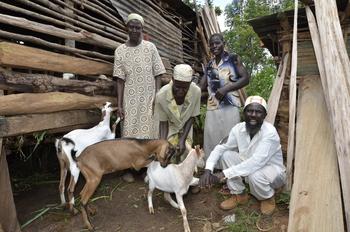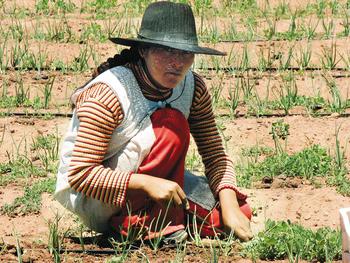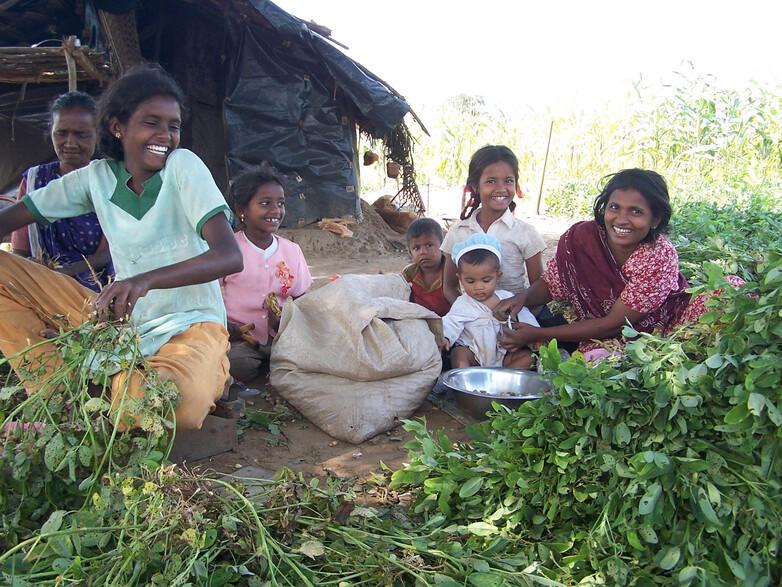Context
Ensuring adequate nutrition worldwide is increasingly proving to be a challenge. On the one hand, the population continues to grow while, on the other hand, natural resources are limited. Climate change and the decline in biological diversity are making it more of a challenge to ensure adequate, balanced nutrition and to combat poverty. Adapted forms of agriculture are becoming increasingly important, also with a view to achieving the goals of the 2030 Agenda for Sustainable Development.
What we now need to do is to make agricultural systems more robust while at the same time increasing productivity by orienting agriculture more towards principles of agricultural ecology.
Overall, people have in recent years become more aware of the great importance of ecologically, socially and economically sustainable food production. However, international cooperation actors are not yet sufficiently incorporating the latest knowledge and strategies in this area into national and international political processes and programmes.
Objective
Approaches towards strengthening sustainable agriculture, while taking account of climate change, are mainstreamed in political processes and programmes of international cooperation actors.


